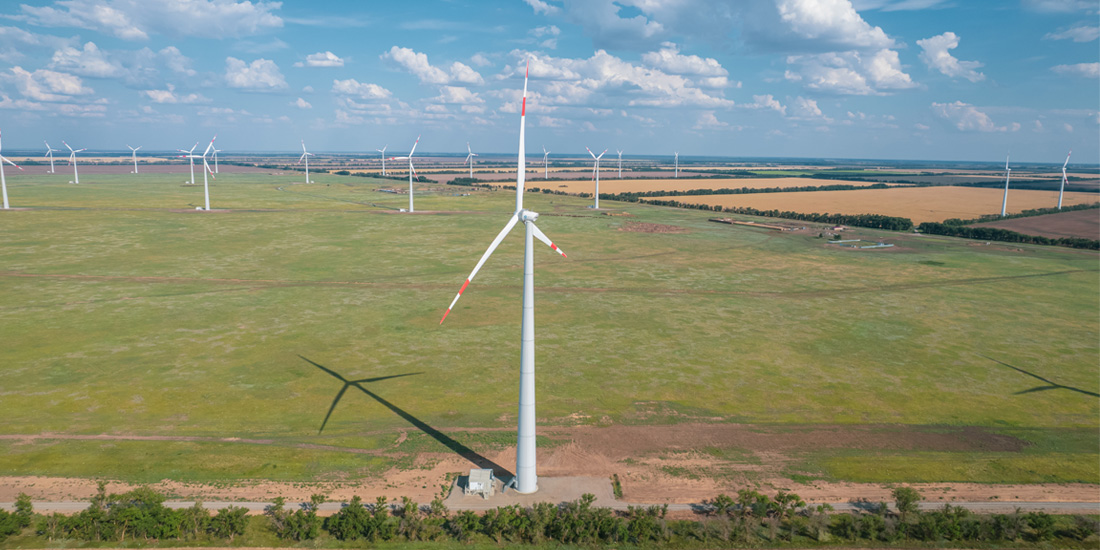Unless you’ve completely unplugged from the news on TV and the internet, you’ll be aware the COP26 Climate Conference is taking place in Glasgow between 31st October and 12th November.
The result of which, it is hoped, will lead to significant changes to our everyday lives.
The message on the COP26 website outlines the four key goals the conference is hoping to achieve, which are:
To deliver on these targets, countries will need to:
To deliver on these targets, countries will need to:
Developed countries will have to mobilise at least $100-billion in climate finance per year to deliver on the first two goals. And financial institutions will need to release the trillions of dollars currently in private and public sector finance.
This means every country needs to tackle the climate crisis through collaboration between governments, businesses and society.

All of which sounds positive, but what’s the reality?
Achieving all the above is the dream, but how realistic is it?
The main issues are:
But how do we tackle eradicating the use of fossil fuels when almost every country is funding fossil fuel exploration. Why would they champion a switch to renewable energy quickly when billions are tied up in searching for new fossil fuel extraction sites?
Chance of immediate action: Low.
Decarbonising public transport is already underway but still needs huge investment. And then there are cars; although the UK is phasing out the sale of diesel cars by 2030, pushing that forward would undoubtedly reduce the UK’s carbon footprint.
Chance of immediate action: Medium – although it’s unlikely the date will change, more significant investment in decarbonising public transport could be possible.
Boris Johnson said recently that the National Grid will be 100% renewable by 2035, reducing the UK’s emissions massively. Investment in renewable energy and the acceleration of its implementation is critical.
Chance of immediate action: Medium – 2035 is still 14 years away (at time of writing). Making the grid carbon-free is doable, but it’s likely to include nuclear energy, which is a low carbon energy source but harmful in other ways.
Investment in renewable energy sources is likely to be announced. How soon they’re implemented remains to be seen.

The truth is, it’s unknown what COP26 will bring. But what is guaranteed is it won’t have the passion evident at the pre-COP26 youth conference in Milan (that saw Greta Thunberg mocking the lack of action from world leaders).
All we can hope is they are inspired by the pre-COP26 conference and surprise us with immediate and world-changing action – before it’s too late.
At Inteb, our experts help you set targets and put a framework in place to meet your net-zero targets. And for added peace of mind, we’re accredited to FutureNetZero standard, which means we give practical and accurate advice to companies serious about reaching net-zero.
We do the work. You reap the benefits.
Let’s get the conversation started – call us now on 0151 601 3476